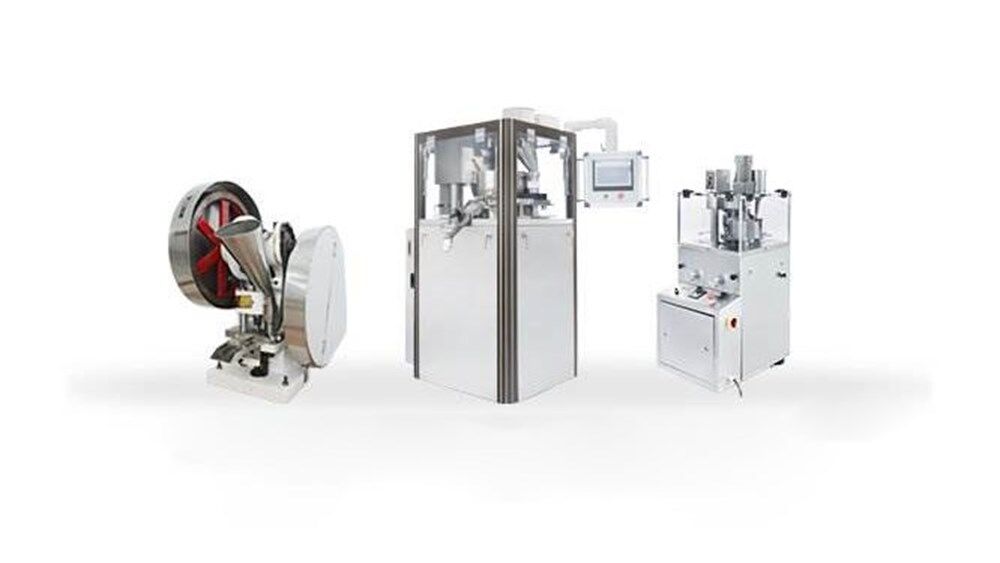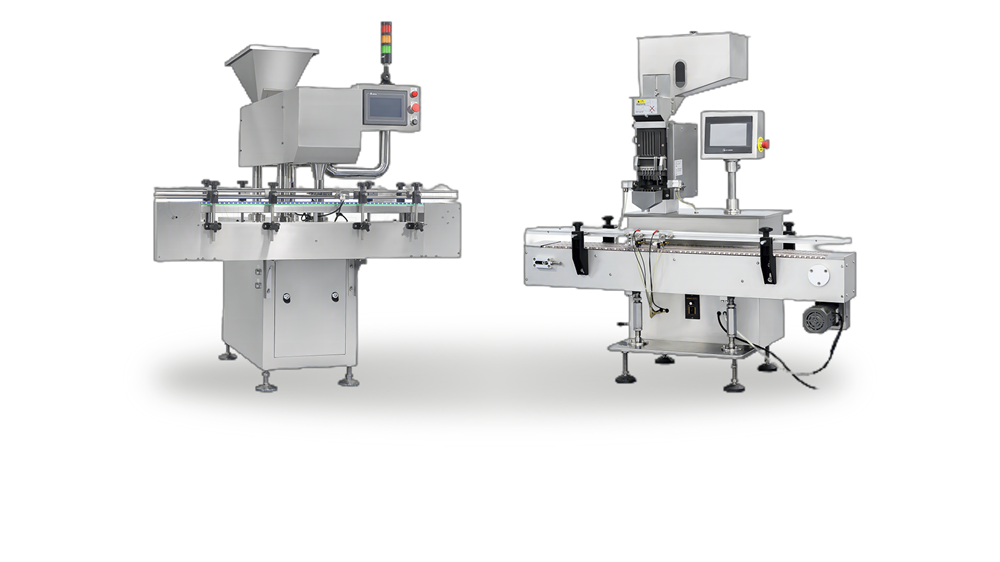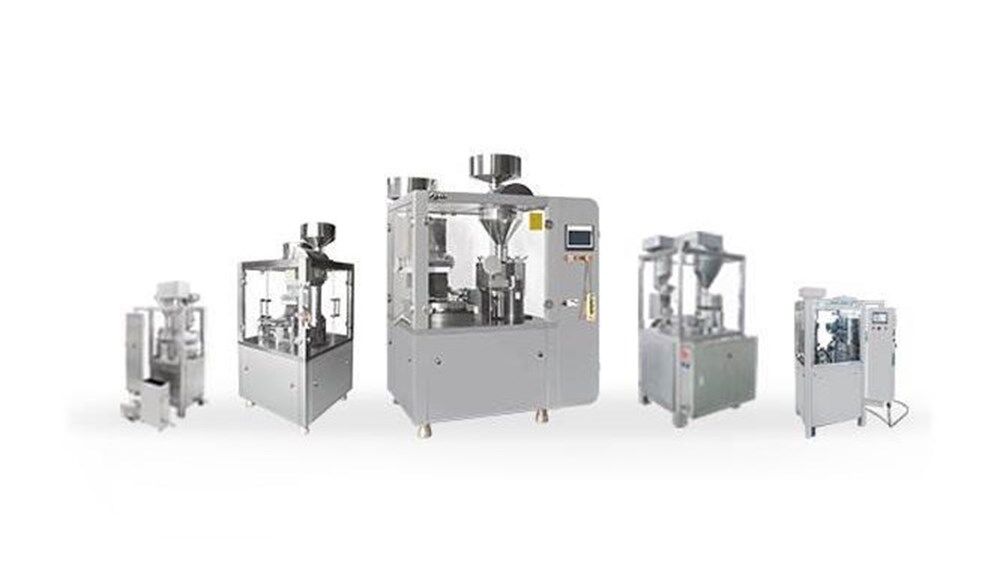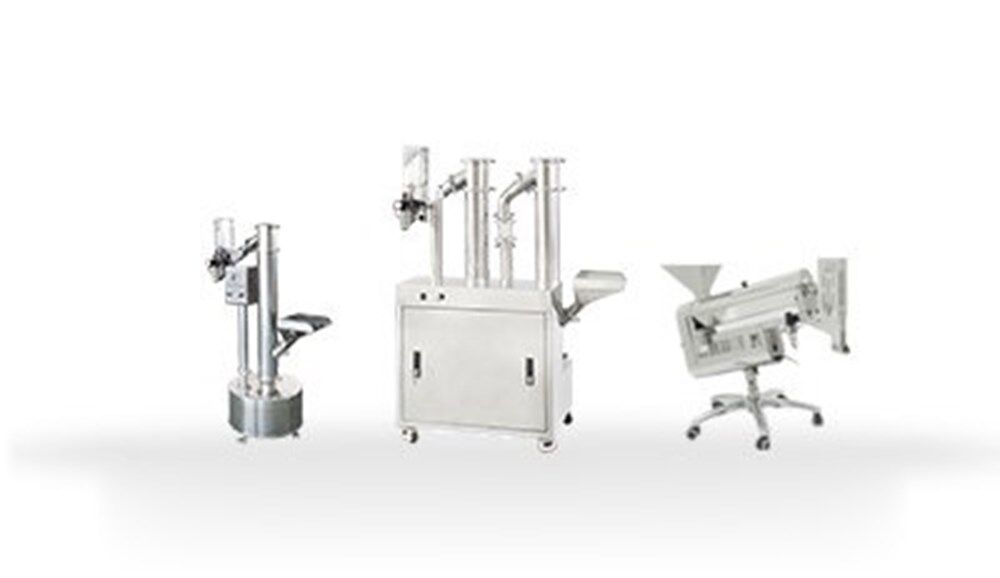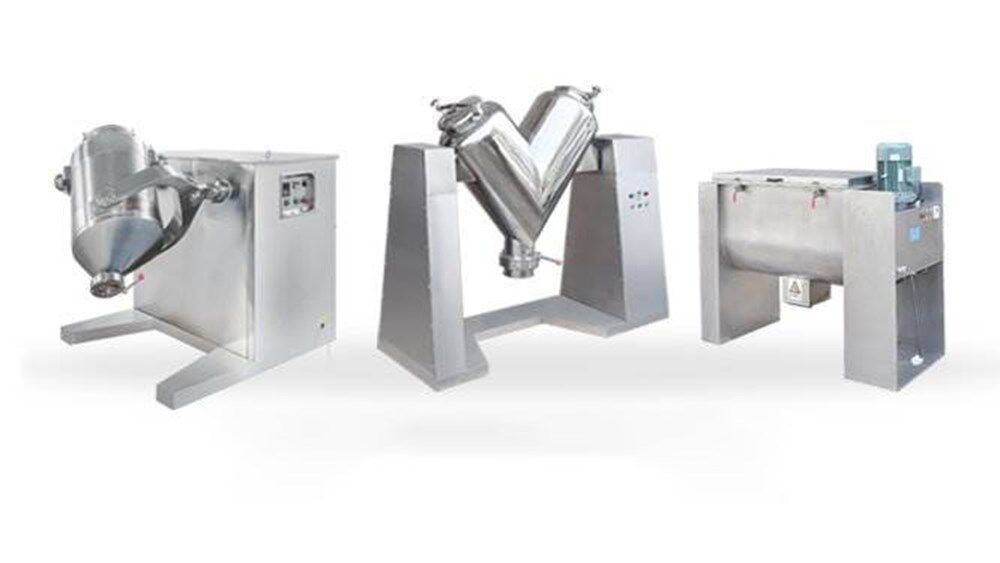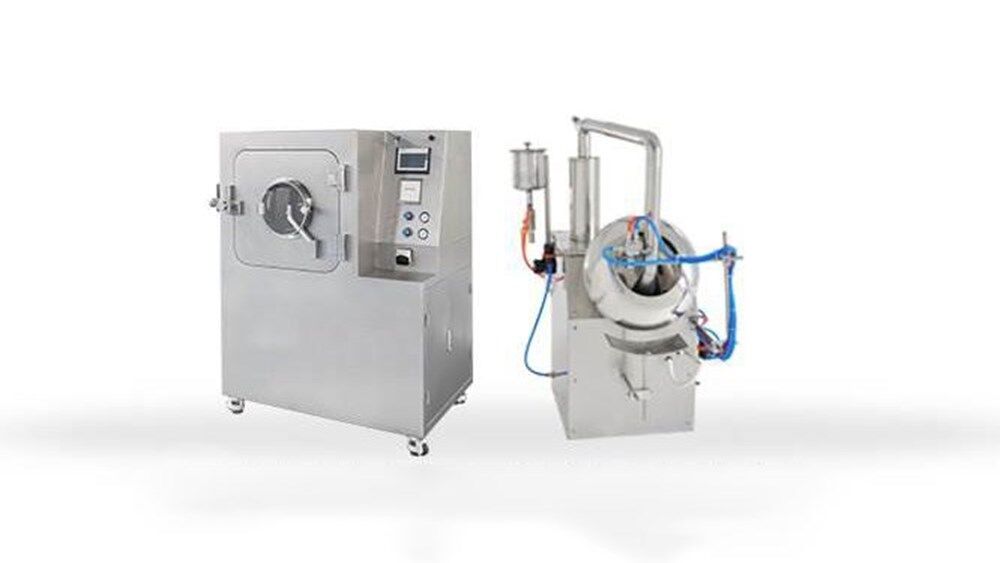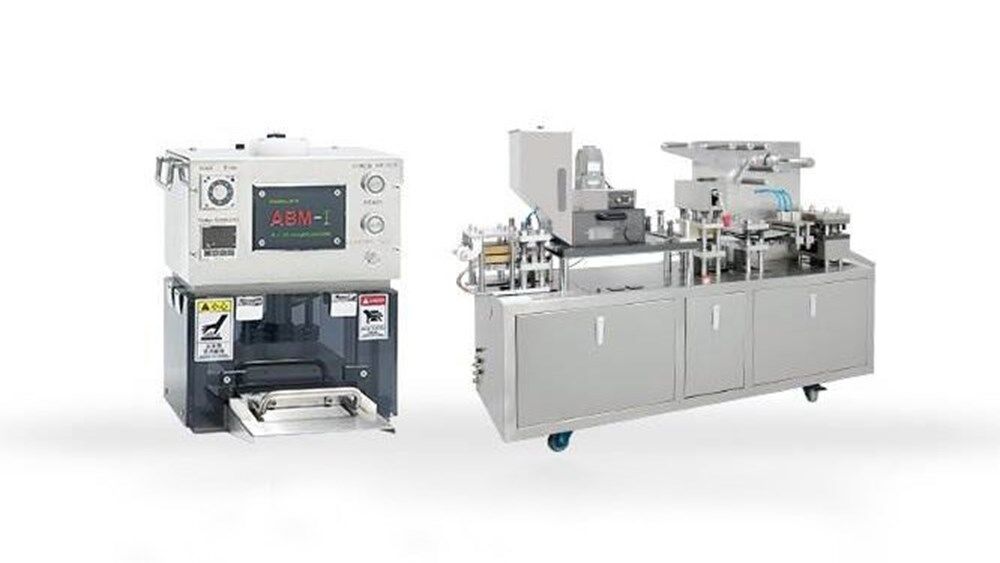How Long Do Tablets Last Once Removed from the Blister Pack?
People think blister packaging is best for tablet preservation. Why is this? This packaging format has many advantages. Blister packaging keeps tablets safe, lets you see what's inside, and keeps them sealed. But how long do tablets stay strong once they're removed from their blister packs? And what's the best way to keep these medications safe when they're not in their original packaging? We'll look at these and other related questions in the following sections. Let's jump right in!
Why Do Tablets Need Blister Packaging?
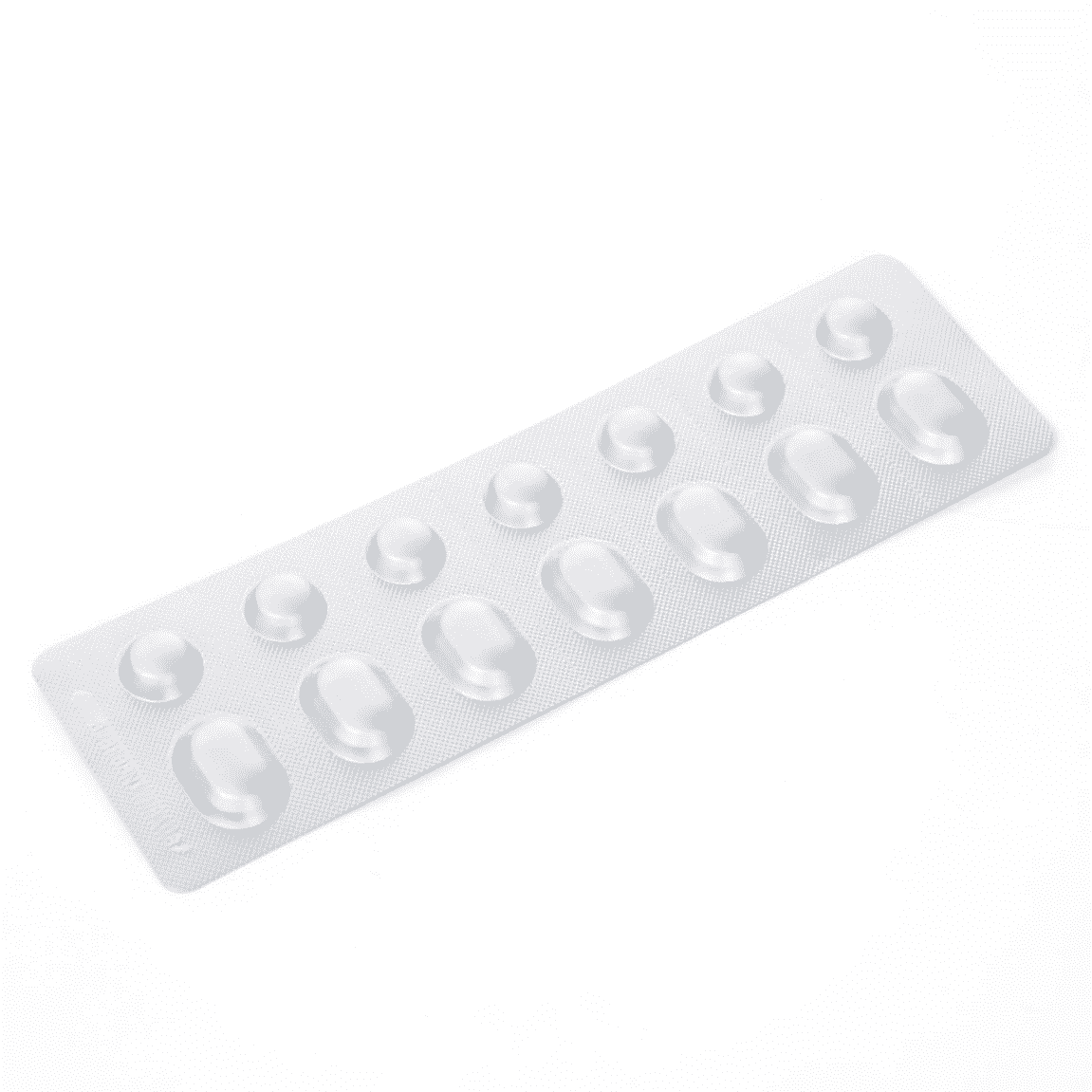
Tablets made from powders or granules are fragile and can break. These formulas must be stored in conditions free from humidity, temperature fluctuations, and light. Moisture and contamination ruin quality, texture, and shelf life. Blister packs protect tablets, including pharmaceutical, nutraceutical, veterinary, and chemical formulations. They keep tablets safe, measure the right amount, and make sure tablets last a long time. This ensures medications work well and are safe.
What Are The Different Types Of Blister Packs for Tablets?
Blister packs protect tablets, but different types have different materials, which affects how well they work and how much they cost. Let's look at the most common types.
- Alu-Alu blister packs. Made of aluminum foil, these packs block air, moisture, and ultraviolet rays. This protects tablets from damage and extends their shelf life up to two years. They are the most expensive option because of the way they are made.
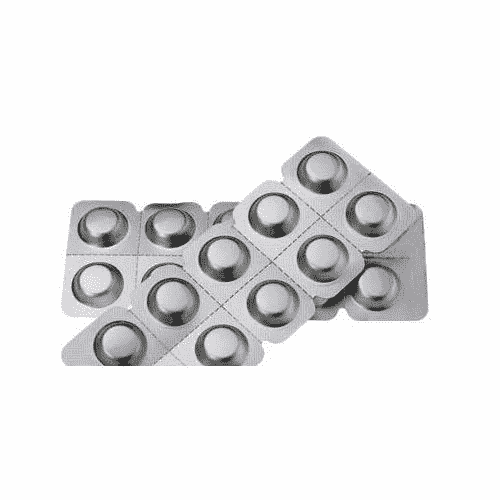
- Alu-PVC blister packs. This format features aluminum foil wrapping encasing an opaque plastic tray to provide clear visibility while simultaneously keeping costs down and providing more design choices. However, light-sensitive medications might not fare so well compared to Alu-Alu packs; though their shelf lives might remain similar.
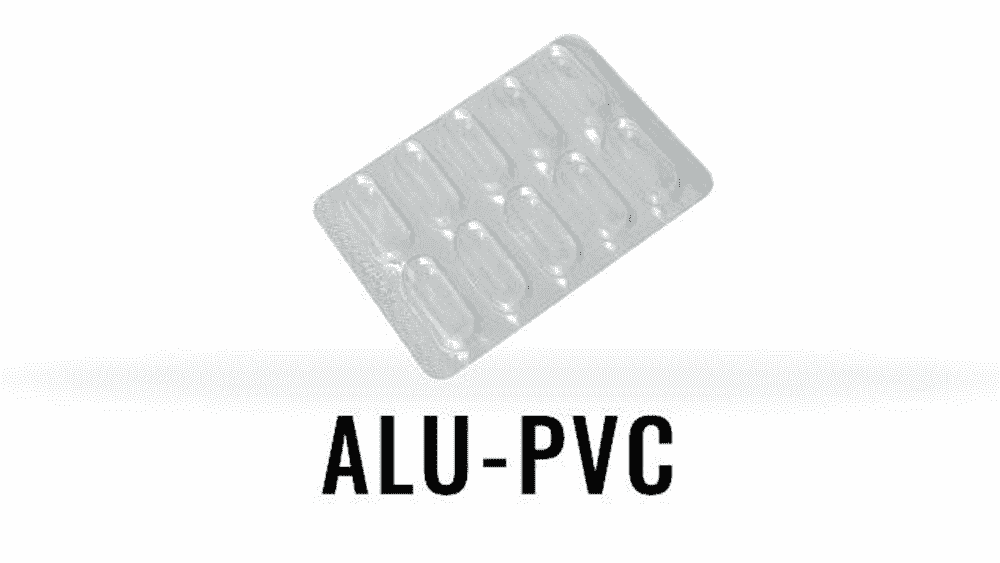
- Alu-PVC-Alu blister packs. This type of blister pack is a compromise between the other two. They have a layer of aluminum over the Alu-PVC pack, which protects the tablets from light and oxygen. Alu-PVC-Alu blister packaging is more cost-effective than cold-formed Alu-Alu packaging and keeps the tablets secure throughout their shelf life.
How Long Will Tablets Last After Being Taken Out of their Blister Packs?
It can be difficult to predict how long tablets will remain effective once removed from their blister packs; much depends on their storage method - in an airtight box away from light and moisture for example they might last one-two weeks or more.
Consider when and how quickly medication expires. Drug companies usually set expiration dates based on how long tablets will remain sealed in blister packaging; taking them out could reduce shelf life considerably.
How Can the Shelf Life Differ Between Blister Pack and Non Blister Pack Tablets?
This table depicts how long tablets last when stored either within or without blister packs:
|
Factor |
Tablets in Blister Packs |
Tablets Out of Blister Packs |
|
Shelf Life |
Up to 24 months |
6-12 days |
|
Integrity |
Maintained |
Prone to damage, such as chipping or breakage |
|
Quality |
Preserved due to protection from moisture, light, and oxygen |
Degraded by exposure to environmental factors, leading to loss of potency |
|
Cross-Contamination |
Minimized due to individual packaging |
Increased risk of cross-contamination between different medications |
As you can see from the table, blister packs are a great way to keep your products safe and fresh for longer. On the other hand, deblistered tablets are more likely to degrade, so it's important to store them carefully and use them up quickly.
How Can I Store Tablets without Blister Packs?
Blister packs are great for protecting medications, but you might need to store deblistered tablets. When you do, make sure you store them properly to keep them from breaking down. Here are some good storage methods:
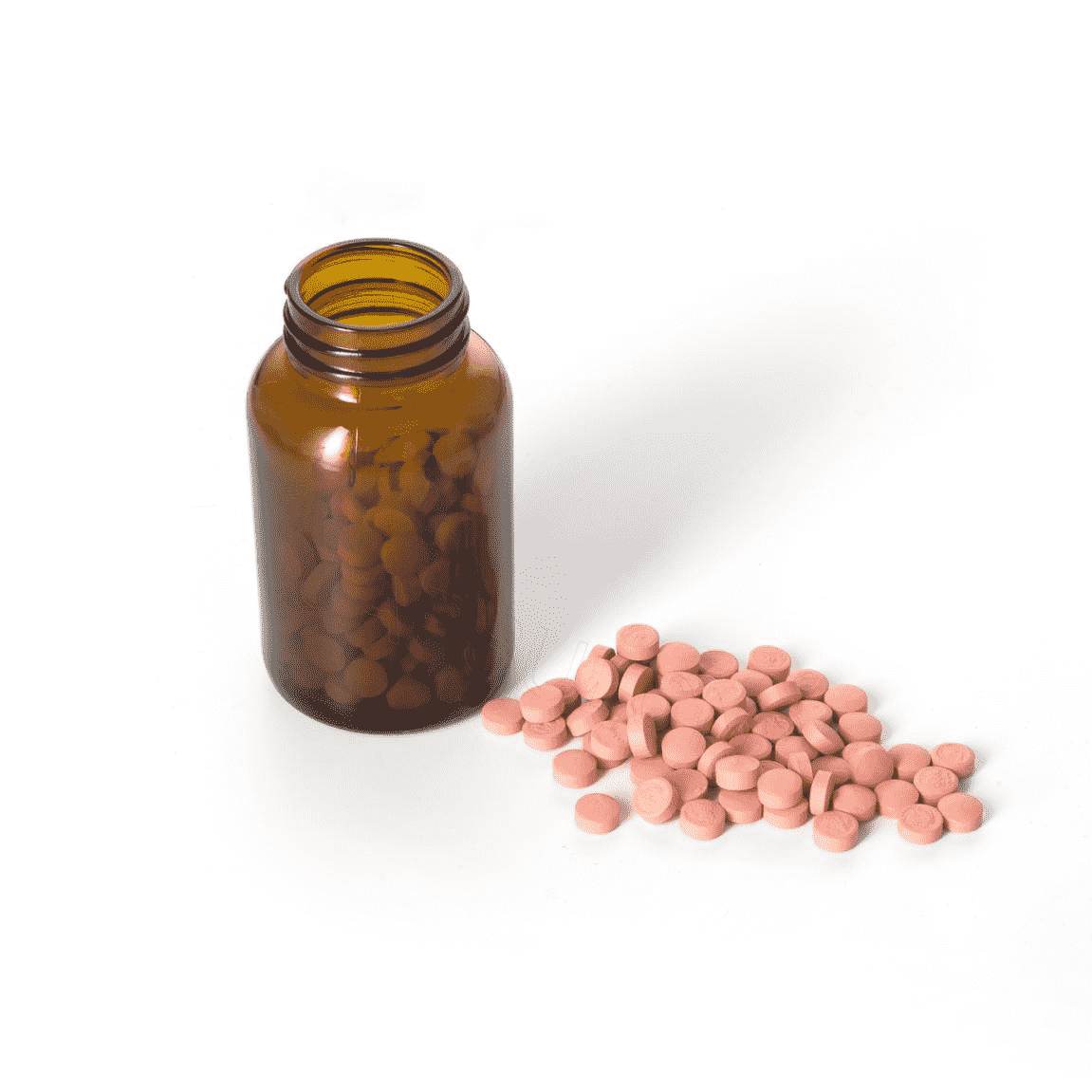
- Use airtight containers. Take off the blister packaging and move the tablets to clean, dry, airtight containers like glass or plastic bottles with secure lids. This keeps the medication safe from moisture, light, and oxygen, which can break it down.
- Store in compartments. If you take more than one medicine, pill organizers or weekly pill dispensers can help. These containers prevent cross-contamination and ensure the right dose.
- Store in a cool, dry place. Don't expose deblistered tablets to extreme temperatures, humidity, or sunlight. Keep them in a cool, dry place, away from heat sources.
- Stick to the expiration dates. Deblistering a tablet shortens its shelf life. Check the expiration date on the original packaging and discard any expired medications.
- Make sure the label is clear. Put the name of the medication, dosage, and expiration date on each container.
Why Can Tablets in Blister Packs Lose Their Potency?
While blister packs are designed to protect the tablets, some factors can still affect their potency, even when they're in the packaging. If there are any issues with the packaging, such as a broken seal, moisture, air, or light getting in, it can damage the medication.
In recent years, many medications have been recalled because of packaging issues, like faulty sealing, thermal expansion, and contamination. Defects like this can make drugs break down faster, be less effective, and even unsafe. To avoid this, pharmaceutical companies have to stick to strict quality control standards and use cutting-edge packaging tech. If blister packs are made to be strong, they can help keep drugs from breaking down too soon and keep them strong for as long as they're supposed to be.
Conclusion
Knowing how to keep tablets potent and effective is key. Store medication properly, including protecting it from light, moisture, and extreme temperatures.
Deblistering tablets can reduce their shelf life. If you have to remove tablets from their original packaging, store them in airtight containers and use them up quickly. Follow safe storage practices to get the most out of your medications and reduce the risk of adverse effects.
Leave your comment
Also Offers
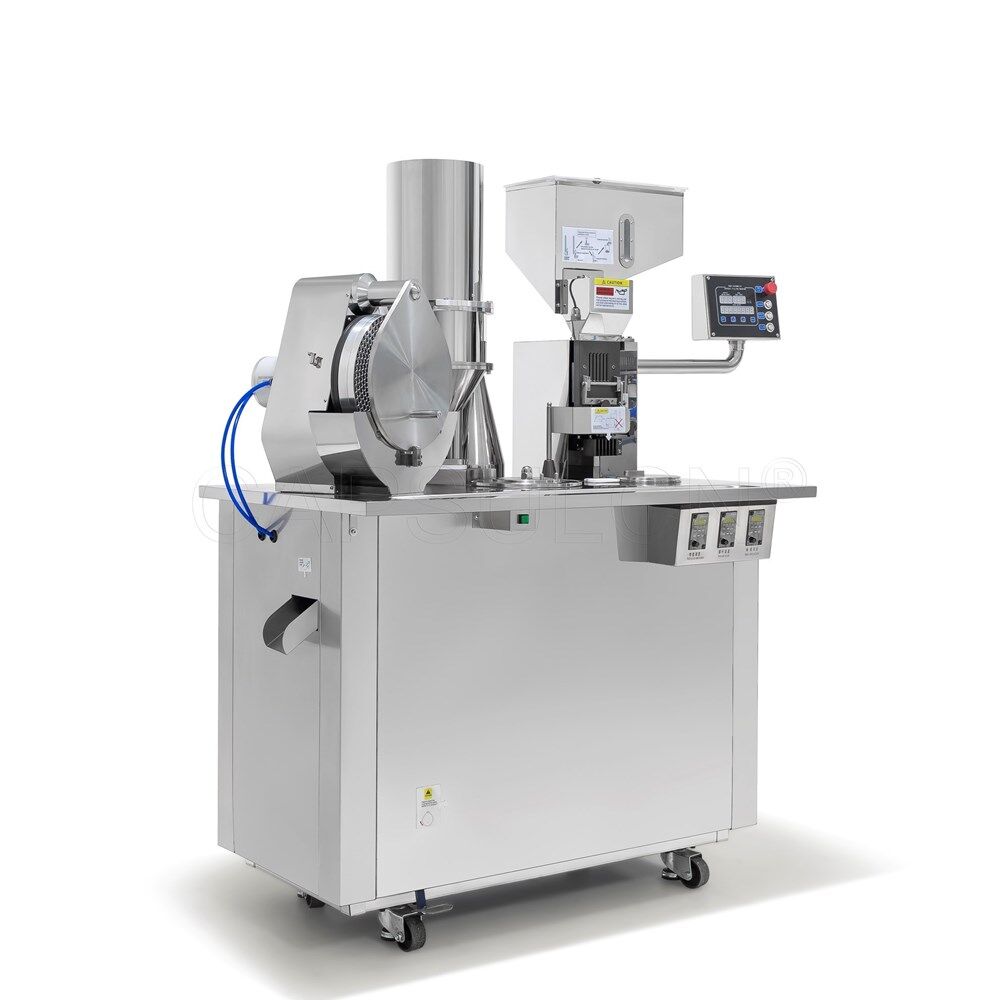
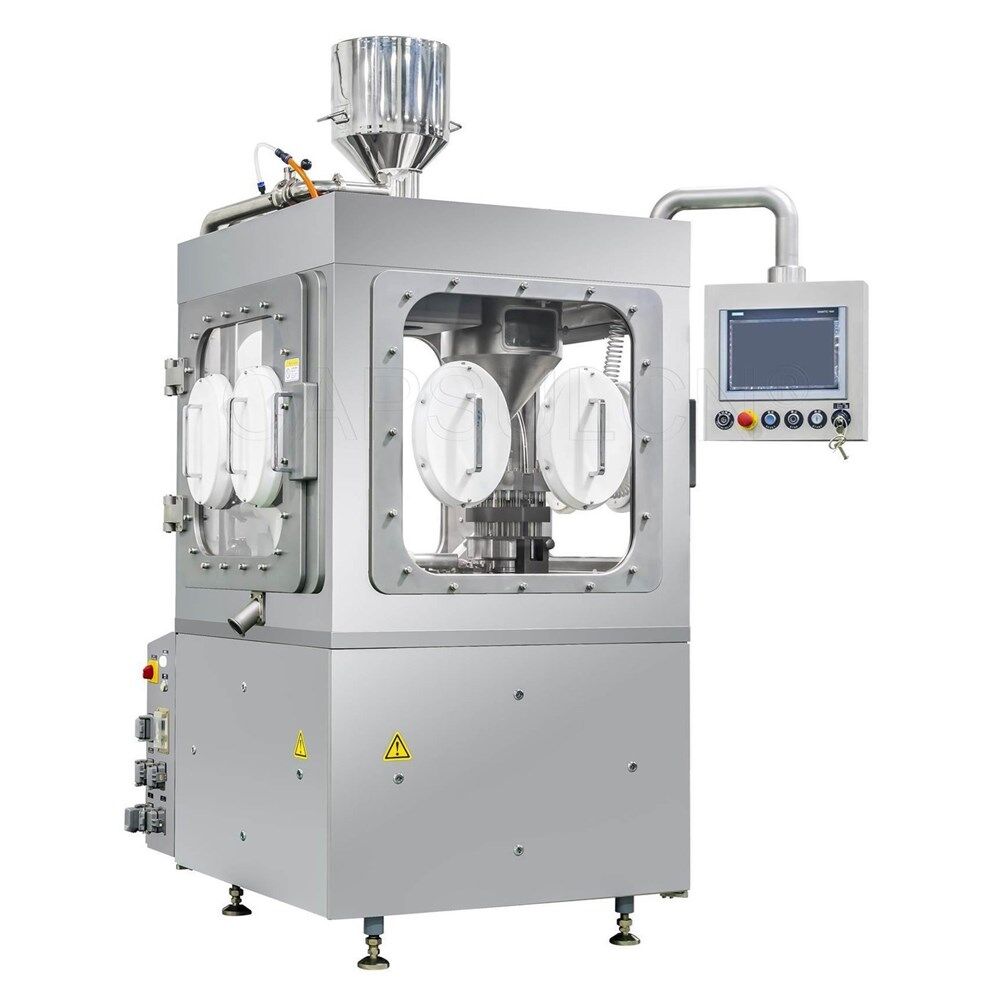
Containment Automatic Capsule Filling Machine SFK-703
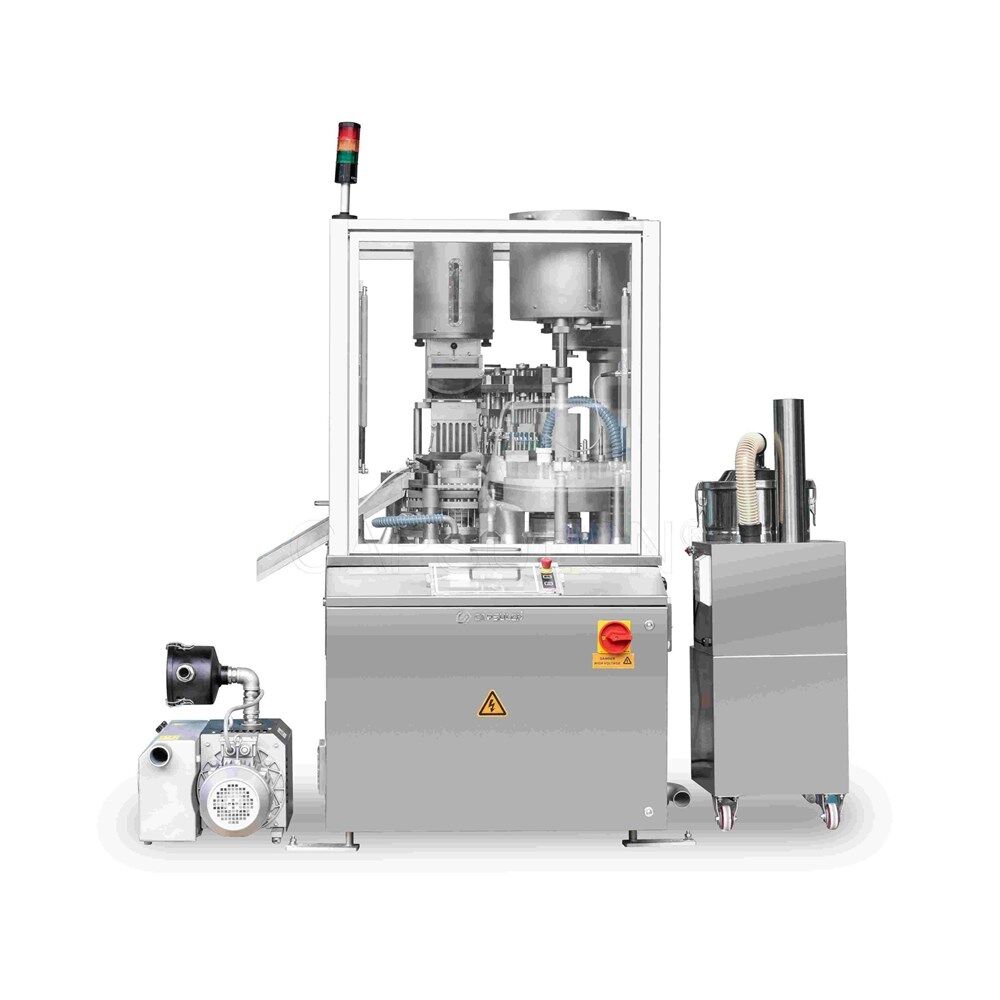
Fully Automatic Dosator Capsule Filling Machine CZ-40

Our Team
As an expert in the pharmaceutical and pharmaceutical packaging industry, iPharMachine has provided solutions for hundreds of pharmaceutical and health product manufacturers for 17 years. By visiting customers, we get good reviews from our customers.
- info@ipharmachine.com
- English Español Deutsche
